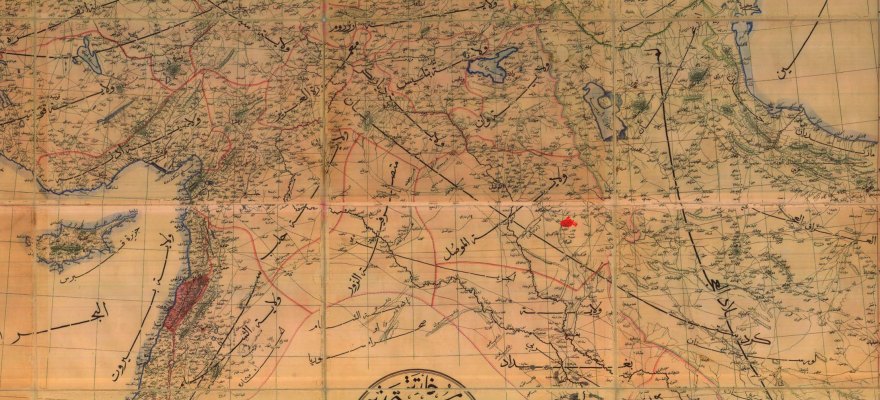Maps are amazing because of their inherent qualities. For one thing, there’s hardly a difference between a graph and a map. It’s purely about representative distances that display information. With a map, that distance is directly tied to physical distances. A map is just a miniature sketch of the landscape. But it’s so much more than that. You can put any information on a map. You can contrast any information. Even better, the true concept actually goes beyond maps. Recall: lines representing distance, right, that’s just another way of saying difference by proportion. So, that same thing that makes the lines of a map stand out (difference) is also all music ever. Notes are intervals, difference by proportion. At it’s heart, it’s all numbers plotted on a grid. Maps are representations of information quantified.
Like, I can say, the United States is south of Canada and North of Mexico, east of the Pacific Ocean and west of the Atlantic. That gives you an idea of it, but you don’t have the proper perspective. A map of the United States can display ever border, state, city, and capital in one neat picture. But without the information encoded (knowing that it’s a map and what everything means), it’s just a mess of lines and color.
I would also contend the same principal governs writing, too. It’s the difference, the contrasts, that make writing interesting. The very format of writing (in English) is Noun VERB noun (aaaaand more!). Writing: “He walked to the store. He bought groceries. He went home.” That’s correct, yet super dull. There’s not enough contrast. You need more difference, you need to represent the information is a more varied way. Much the same way, playing the same note is boring. Drawing only straight lines is dull.
In photography, there’s this old principal called the Rule of Thirds, which is that a picture should roughly break up like that. There’s also the golden ration, which is different. Interesting stuff has rhythmic/periodic difference.
Maps are difference. So is everything else.

